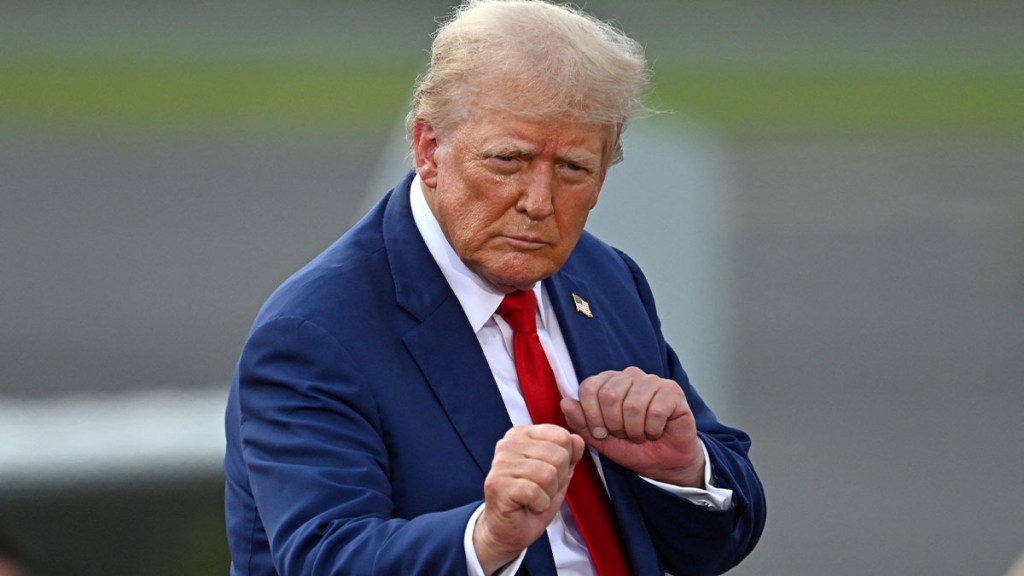One of the latest controversies surrounding Donald Trump involves some people saying he wants to restrict the First Amendment. That’s a vague but serious accusation, given that freedom of speech is considered to be one of our core rights in the US. Below, we’ll look at why Trump is being accused of wanting to limit free speech.
Does Trump want to eliminate the First Amendment or free speech?
In a speech on Monday, August 26, 2024, Trump spoke about wanting to pass a law to make burning the American flag illegal. He was quoted as saying:
“I wanna get a law passed. You burn an American flag, you go to jail for one year. Gotta do it. They say, ‘Sir, that’s unconstitutional.’ We’ll make it constitutional.”
Technically, given the current interpretation of the law, Trump is calling for restrictions on the First Amendment. However, flag burning is not only controversial–it was illegal until fairly recently. The Flag Protection Act of 1968 banned the act nationwide, and 48 out of 50 states had laws against it on the books.
It wasn’t until 1989 that a 5-4 Supreme Court decision (Texas vs. Johnson, 1989) stated that burning a flag was a form of political speech protected under the First Amendment. The decision was highly unpopular, and Congress passed the Flag Protection Act of 1989 to give them the right to enact statutes that criminalize the burning or desecration of the flag in public protest. However, the Supreme Court again decided 5-4 (United States v. Eichman, 1990) that burning the flag was a First Amendment right.
Since 1990, attempts have been made to make burning the flag illegal. The most high-profile was the Flag Protection Act of 2005, which was co-sponsored by Hillary Clinton. That act was meant to push the issue once more and take it back to the Supreme Court, which was more conservative than it was in 1989. However, the law was never brought up in Congress.
While polling data is spotty these days when it comes to the topic of flag burning, most data we’ve found points to around 1/2-to-2/3 of the US population favoring laws making the practice illegal.
So, Trump’s desire to make flag burning illegal may be contrary to current interpretations of the First Amendment, but it’s far from a tyrannical assault on free speech. While he may not have used the most tact in his statement, it seems like the majority of Americans desire to return to the status quo we had in the nation before Texas vs. Johnson.









